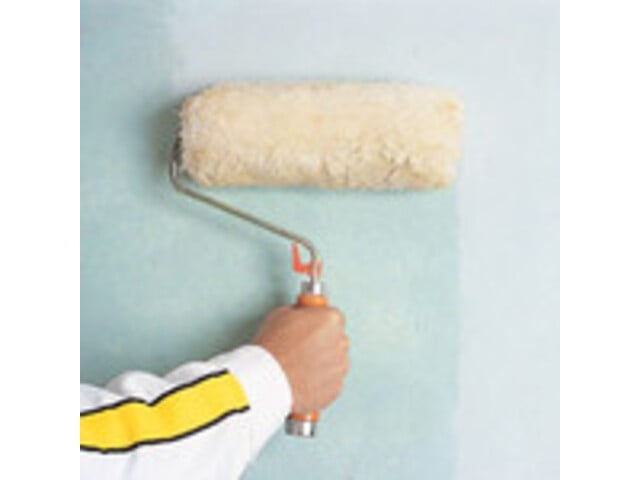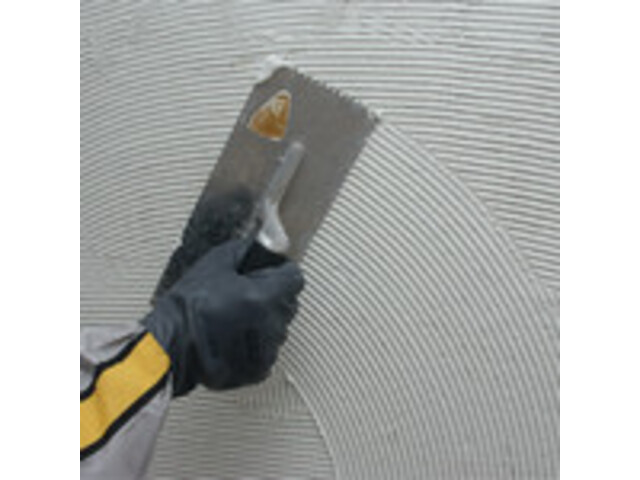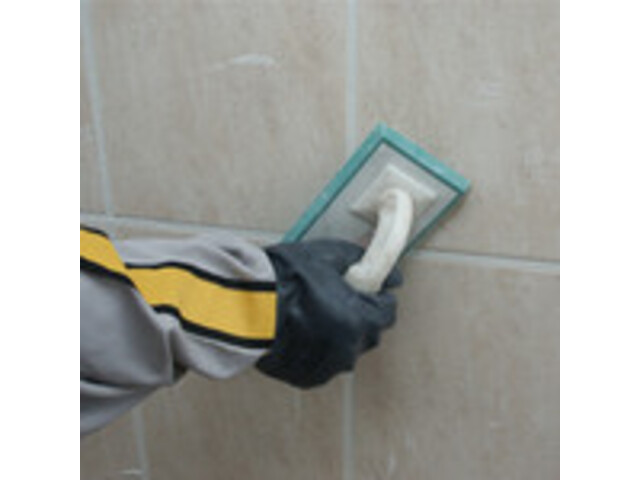Tiling on gypsum plaster
Common issues and queries you can face

Gypsum plaster substrates
The gypsum plaster should be firmly adhered to its substrate and sufficiently strong to support the tiles.
Gypsum plaster is relatively a weak material in comparison to wood, block work, concrete or other cementitious material. The maximum weight of acceptable tiling on a dry and well-adhered gypsum plaster is of 20 kg/m².
Plasterwork should be completed at least 4 weeks prior to any tiling job. Even if the surface appears to be dry in less than 4 weeks, the layers underneath may not be properly cured or fully dried.

Gypsum plaster and water
Gypsum plaster is water sensitive and is therefore not an ideal substrate in wet areas such as bathrooms, showers, kitchens or wet rooms.

Gypsum plaster finish
The finished surface of gypsum plaster can be inconsistent and varies depending on the conditions and the workmanship.
The surface can be very dusty or, if over troweled, it can be very dense and shiny.

Cement based adhesive and gypsum plaster
When gypsum plaster comes into contact with cement, it forms a weak layer of ettringite that can prevent the adhesive from properly adhering to the gypsum plaster. Careful preparation is required to prevent this from happening.






